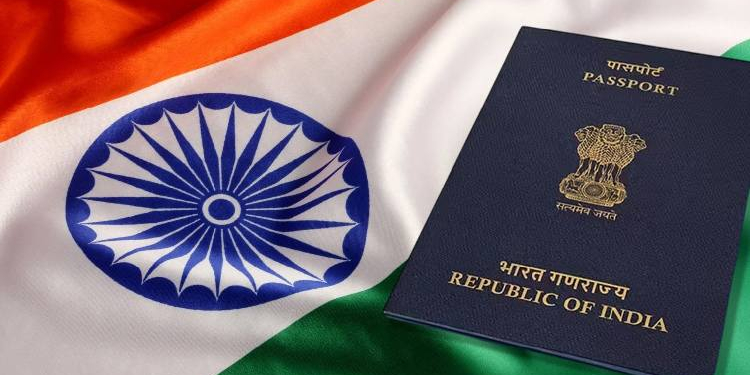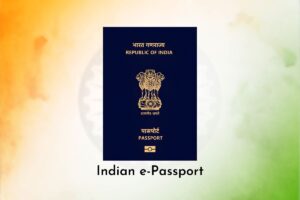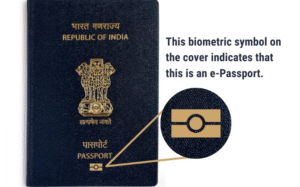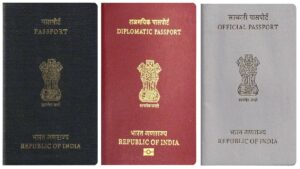WPL Auction 2026 : The Ultimate Guide to Women’s Premier League’s Big Day
Biometric e-Passports in India : A New Era of Secure Travel

Biometric e-Passports in India
Biometric e-passports, also known as electronic passports, represent a significant leap in travel document security and efficiency. In India, the introduction of these advanced passports under the Passport Seva Programme 2.0 is transforming how citizens travel internationally. This blog explores what biometric passports are, their features, and their impact on Indian travelers.
What is a Biometric Passport?
A biometric passport is an enhanced version of a standard passport, featuring an embedded microchip that securely stores personal and biometric information. In India, these e-passports contain details such as the passport holder’s name, date of birth, and other identification information, along with biometric data like fingerprints and digital photographs. The microchip uses Radio Frequency Identification (RFID) technology, ensuring secure storage and easy verification at border controls.

Key Features of India’s Biometric e-Passports
- Enhanced Security: The embedded chip is encrypted, making it nearly impossible to forge or tamper with the passport. This reduces identity fraud and enhances trust in Indian passports globally.
- Biometric Data Integration: Fingerprints and photographs are stored digitally, allowing for quick and accurate identity verification at immigration checkpoints.
- ICAO Compliance: India’s e-passports adhere to International Civil Aviation Organization (ICAO) standards, ensuring compatibility with global immigration systems, including e-gates at airports.
- Faster Processing: The chip enables automated processing at border controls, reducing wait times and streamlining international travel.
The Rollout in India
India launched a pilot phase for biometric e-passports on April 1, 2024, covering 13 cities, including Chennai, Hyderabad, Jaipur, Nagpur, and Bhubaneswar. This initiative is part of the ambitious Passport Seva Programme 2.0, aimed at modernizing passport services. The pilot has successfully issued chip-enabled passports, with plans for a nationwide rollout by May 2025. Once fully implemented, all new passports issued in India will be biometric, replacing older, non-electronic versions.

Benefits for Indian Travelers
- Seamless Travel: With e-gates and automated systems at international airports, Indian travelers can expect faster immigration checks.
- Global Acceptance: ICAO-compliant e-passports ensure smooth entry and exit in countries with advanced border control systems.
- Increased Trust: The high-security features make Indian passports more reliable, reducing the risk of scrutiny or rejection abroad.
- Future-Ready: As more countries adopt biometric systems, India’s e-passports position travelers to meet evolving global standards.
Challenges and Considerations
While the transition to biometric passports is promising, there are challenges. The infrastructure for issuing these passports, including biometric data collection, requires significant investment and coordination. Ensuring accessibility in rural areas and addressing privacy concerns about biometric data storage are also critical. However, the government is taking steps to ensure data security through robust encryption and compliance with international standards.

Also Read This: Anahat Singh Makes History: Record Wins, Olympic Dreams, and Global Impact
The Future of Travel with Biometric Passports
India’s adoption of biometric e-passports marks a milestone in modernizing its travel infrastructure. As the nationwide rollout progresses, Indian citizens will benefit from safer, more efficient international travel. These passports not only align with global trends but also enhance India’s reputation as a nation committed to secure and innovative travel solutions.


